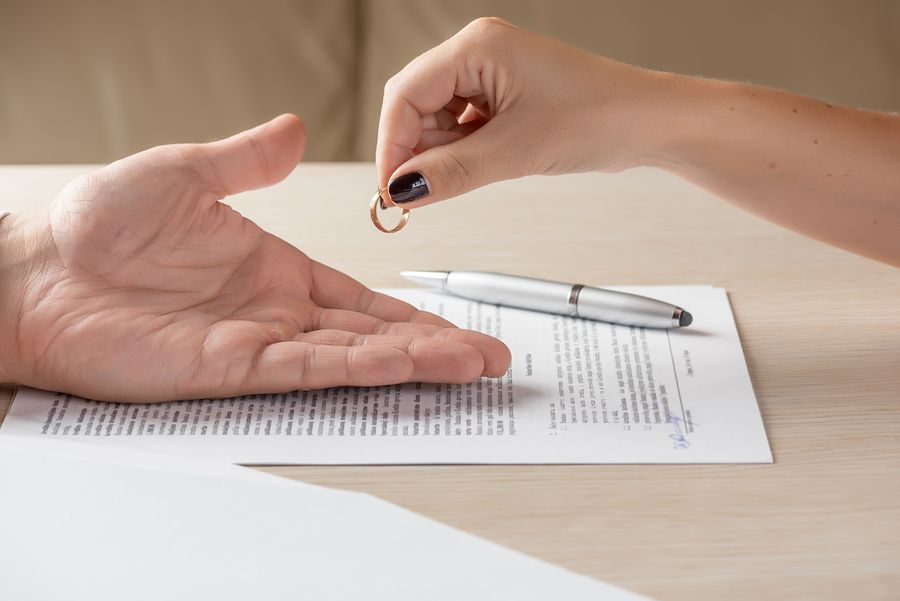How to Sustain a Good Relationship
Sustaining a good relationship requires a blend of communication, mutual respect, and continuous effort. Firstly, effective communication is paramount. This means not only talking about daily activities and interests but also discussing feelings, fears, and aspirations. It’s important to listen actively, showing genuine interest and understanding of your partner’s perspective.
Respect is another crucial element. This includes respecting boundaries, differences in opinion, and personal space. It’s about valuing each other’s unique qualities and supporting each other’s growth and individuality.
Compromise plays a key role in any healthy relationship. It’s essential to find a balance between your needs and those of your partner, acknowledging that sometimes personal sacrifices are necessary for the relationship’s health.
Regularly showing appreciation and gratitude is vital. This can be through small gestures, compliments, or simply acknowledging your partner’s contributions to the relationship.
Lastly, keep the relationship exciting. This could involve trying new activities together, keeping up with date nights, or maintaining an active and satisfying intimate life. Remember, sustaining a good relationship is a journey, not a destination, requiring constant nurturing and care.
Read Also: The Journey vs. The Destination: Which Should You Choose?
How to Make Your Partner Happy
Making your partner happy involves understanding and catering to their emotional, physical, and mental needs. Start with small acts of kindness and affection, like leaving them a loving note or preparing their favorite meal. These gestures, though simple, can significantly boost their happiness.
Communication is essential. Regularly ask about their day and feelings, and be an attentive listener. Show interest in their hobbies and passions, even if they don’t align with your own, as this demonstrates care and respect for their individuality.
Surprises can add joy to the relationship. This doesn’t always mean extravagant gifts or gestures; even planning a surprise date or movie night can be delightful.
Emotional support is crucial. Be there for them during tough times, offering empathy, understanding, and comfort. Encourage and celebrate their achievements, big or small.
Quality time is key. Dedicate uninterrupted time to be together, whether it’s a walk in the park or a quiet evening at home. This nurtures your bond and shows that you prioritize the relationship.
Lastly, understand their love language. Whether it’s words of affirmation, acts of service, receiving gifts, quality time, or physical touch, expressing love in the way they appreciate most can greatly enhance their happiness. Remember, making your partner happy is about being attentive, thoughtful, and consistently showing love and appreciation.
In a good relationship, identifying what is important versus what is not can significantly enhance the quality and longevity of the partnership. Here’s a breakdown:
Important in a Good Relationship
1. **Communication**: Open, honest, and respectful communication is essential. It’s important to discuss feelings, plans, and concerns, and also to listen actively to your partner.
2. **Trust and Honesty**: A strong relationship is built on trust. Being honest and transparent with each other fosters trust and deepens the bond.
3. **Respect**: Valuing each other’s opinions, feelings, and individuality is crucial. Respect involves acknowledging and embracing differences without judgment.
4. **Support and Understanding**: Being supportive in both good and bad times, and showing empathy and understanding towards your partner’s feelings and experiences.
5. **Mutual Goals and Values**: Sharing common goals and values strengthens a relationship. It’s about aligning on key life decisions and supporting each other’s aspirations.
6. **Affection and Intimacy**: Physical and emotional intimacy strengthens the connection and reinforces the romantic aspect of the relationship.
7. **Quality Time**: Spending quality time together helps maintain the connection and keep the relationship strong.
8. **Compromise and Flexibility**: The willingness to compromise and adapt is vital for resolving conflicts and maintaining harmony.
Not Important in a Good Relationship
1. **Material Wealth and Status**: While financial stability can be beneficial, the focus on material wealth or social status is not crucial for a meaningful relationship.
2. **Always Agreeing**: It’s natural to have differing opinions. A good relationship doesn’t require partners to agree on everything.
3. **Constant Togetherness**: Spending every moment together isn’t necessary. It’s healthy to have individual interests and some level of independence.
4. **Never Having Arguments**: Occasional arguments are normal and can be healthy if handled constructively. The absence of arguments doesn’t necessarily indicate a perfect relationship.
5. **Social Media Presence**: The portrayal of your relationship on social media is not a measure of its quality or depth.
6. **Comparing to Others**: Each relationship is unique. Comparing your relationship to others’ can create unrealistic expectations and dissatisfaction.
7. **Perfection**: Expecting perfection from each other or the relationship is unrealistic and can lead to disappointment. Embracing imperfections is key.
In summary, a good relationship thrives on mutual respect, trust, communication, and understanding. It’s less about materialistic aspects or societal expectations and more about the emotional and personal connection between the partners. Each relationship is unique, and its success is defined by the values and efforts of the individuals involved.





